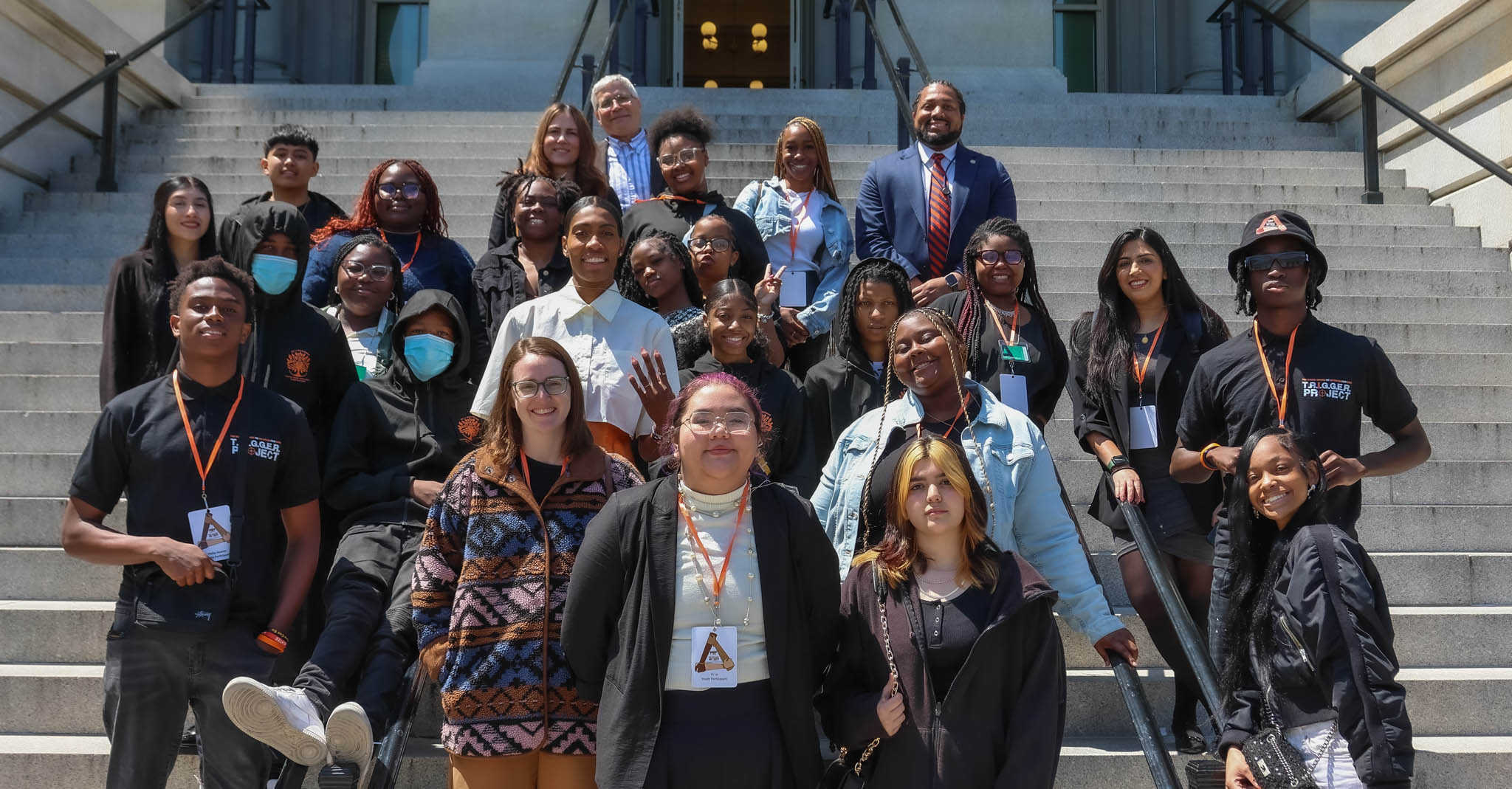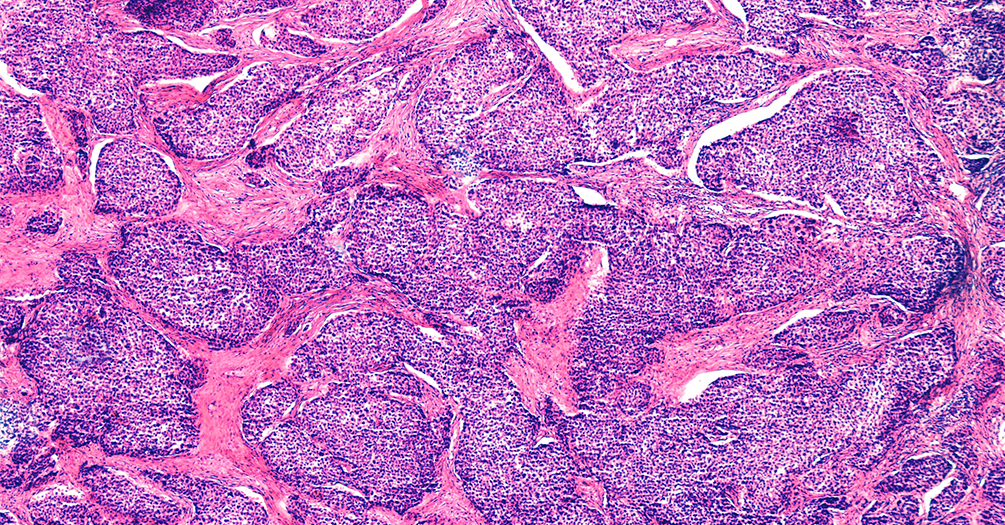
Centering youth voices in gun violence prevention through a cross-city exchange
By Laney Rupp and Ebun Odueso
Youth leaders from Washington, DC, and Muskegon, MI, came together in a cross-city exchange to tackle gun violence. Through workshops, discussions, and shared experiences, they championed prevention strategies and empowered their communities to create lasting change.





